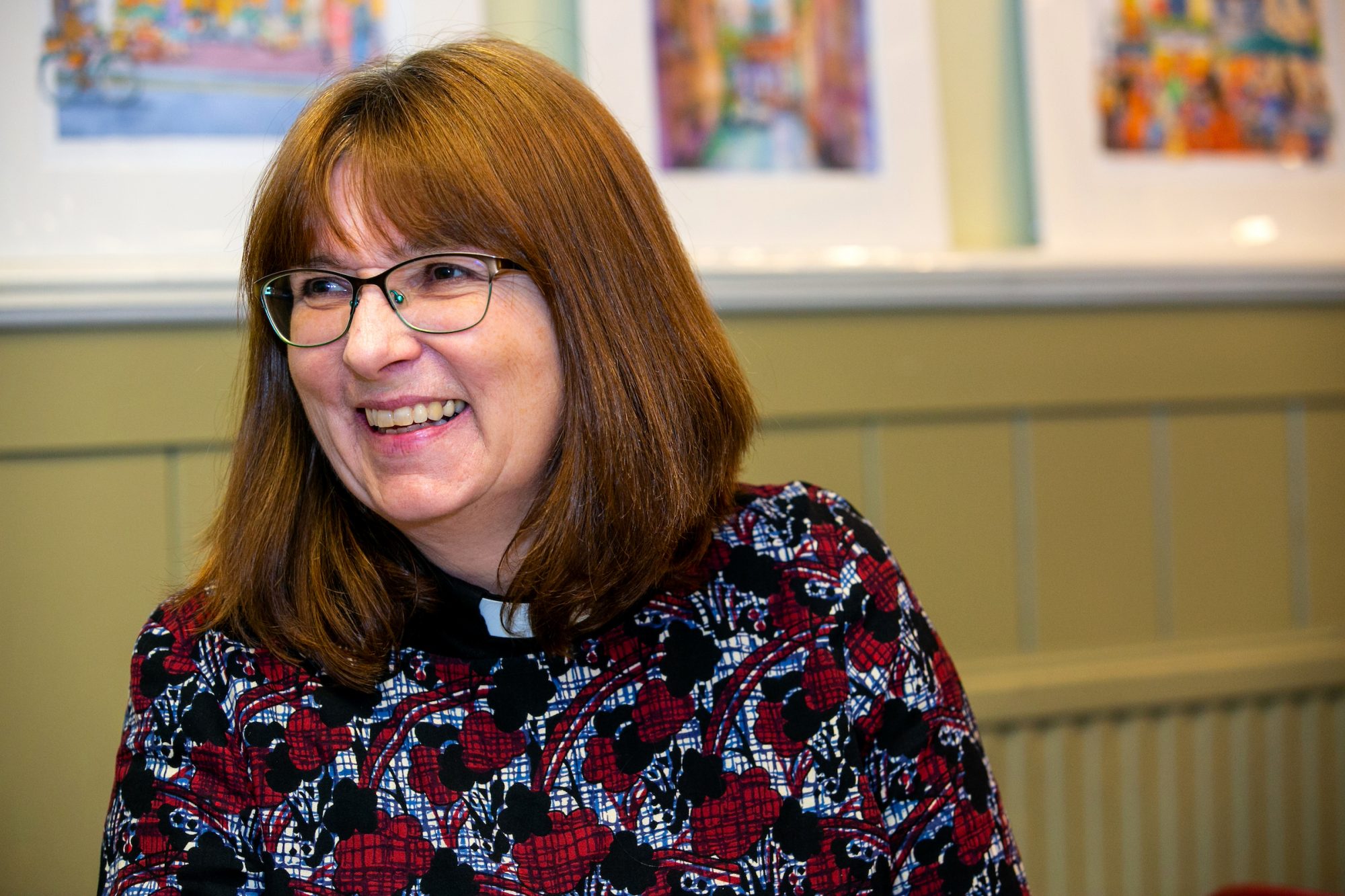Please tell us what the resilience workshop looks like …
It’s a half-day course based on cognitive behavioural therapy (CBT), and we now run it online and, when we can again, in person. We tailored this course specifically for clergy some years ago and we continue to refine it; for instance, we make space to talk about delegates’ pandemic journey. The material looks at good and bad stress and gives practical ways to gradually tweak our responses to stress.
Have delegates’ concerns and responses changed in the past year or so?
I think a big one I’m hearing is how much people appreciate the shared community that the session provides. Particularly at the moment, clergy often feel they are working in silos and can feel very alone with their problems. Hearing someone else express the same things that they are worrying about is powerful. They often feel they don’t have to hold back because others there understand.
Which themes often crop up?
The biggest thing is guilt about giving oneself regular time and space to recover, so they can flourish in their ministry. Clergy theoretically understand the need for time off but the ‘I should be constantly available’ narrative wins out. I most often hear that clergy take one day off, sometimes!
I also find when I ask clergy what they love doing, when they have time available, it can be a really difficult question for them; lots don’t have an answer. Having enjoyable things to do outside our work and ministry is incredibly important because it builds our resilience and we grow as people.
What would change this?
Building awareness around our own resilience behaviours and our thinking styles can be a powerful tool, that’s what we focus on in the workshop. It could also help if senior Church leaders stated the importance of ringfencing one or two days a week for recovery, to be the best version of oneself.
How does the workshop address these issues?
We look at ‘mind traps’ – the styles of thinking we experience, and how to recognise and replace negative thought patterns. I find the metaphor of putting on your own oxygen mask first, so you are able to help others, is the one that clergy really ‘get’, because it shows that self-care and self-awareness are not selfish, but essential for healthy, creative ministry.
How does the training support delegates as we emerge from the pandemic?
We’ve all experienced extraordinary levels of chronic stress and I see two main reactions now to this: one, brainstorming on how to be different, with ideas-a-minute as we come out; two, creeping further into anxiety and burnout, and just wanting things to go back to ‘normal’. I help delegates think about prioritising their recovery time so they don’t end up in a state of burnout. Ultimately, we’re not talking about making huge behaviour changes because generally that’s unsustainable; instead, it’s about taking very, very small steps, from where you are now. And if something doesn’t work, that’s fine – try something else.
St Luke’s resilience training is offered to groups of clergy by their diocese: the charity offers dioceses a contribution towards the costs of Cognacity online resilience sessions.
Find out more about St Luke’s resilience training and click here to contact our Wellbeing Coordinator


